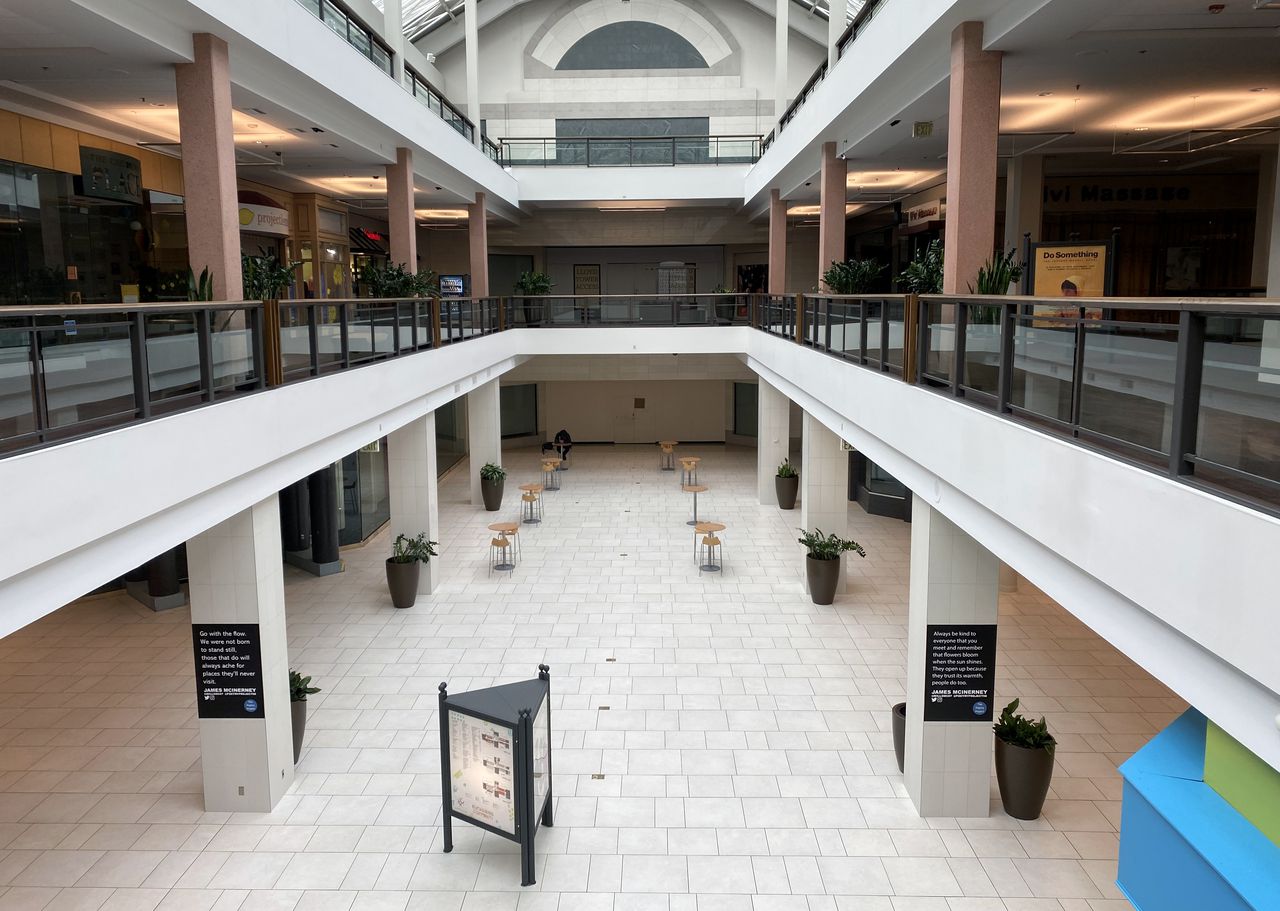A Seattle-based developer said Monday it was taking on a revamp of Portland’s troubled Lloyd Center mall.
Urban Renaissance Group said it would partner with KKR Real Estate Finance Trust, the New York lender that announced plans to repossess the Northeast Portland shopping center earlier this year. Last week, the company placed advertisements in the Portland Business Journal soliciting tenants for the mall.
The developer said Lloyd Center would remain open for now, and its long-term plans remain unclear. Urban Renaissance Group said it planned to consult with current tenants, neighbors and city officials.
But, the company’s Portland market leader said, the site’s long-term future likely includes shopping and preserving the mall’s centerpiece ice rink, or at least a version of it.
“We know many Oregonians have fond memories of Lloyd Center and we take seriously our responsibility for making sure it continues to be a community gathering place,” Tom Kilbane, the company’s managing director for Portland, said in a statement. “As we begin the planning process, our ambition is to embrace and preserve features of the property that make it special, including retail, creative work spaces and ice skating.”
Urban Renaissance Group is known in Portland for projects that include the renovation of The Oregonian/OregonLive’s former headquarters at 1320 S.W. Broadway, now used as office space for a variety of companies. It also bought the former printing facility for The Oregonian next to Providence Park, where it built a 150,000-square-foot office building.
KKR said in October that it would repossess the Lloyd Center by year’s end after the mall’s owners defaulted on a $177 million loan toward the mall’s extensive renovations during the mid-2010s. KKR said payments on the remaining $110 million debt stopped in October 2020.
Despite the renovation, the mall struggled to turn things around. Major tenants left — including Nordstrom in 2015, Sears and Marshalls in 2018 and Macy’s earlier this year — and shopping traffic continued to decline. Plans to pivot to an entertainment district, complete with a bowling alley and concert venue, never materialized.
The COVID-19 pandemic only worsened the center’s problems. And in August, the mall closed for more than three weeks after an electrical fire.
